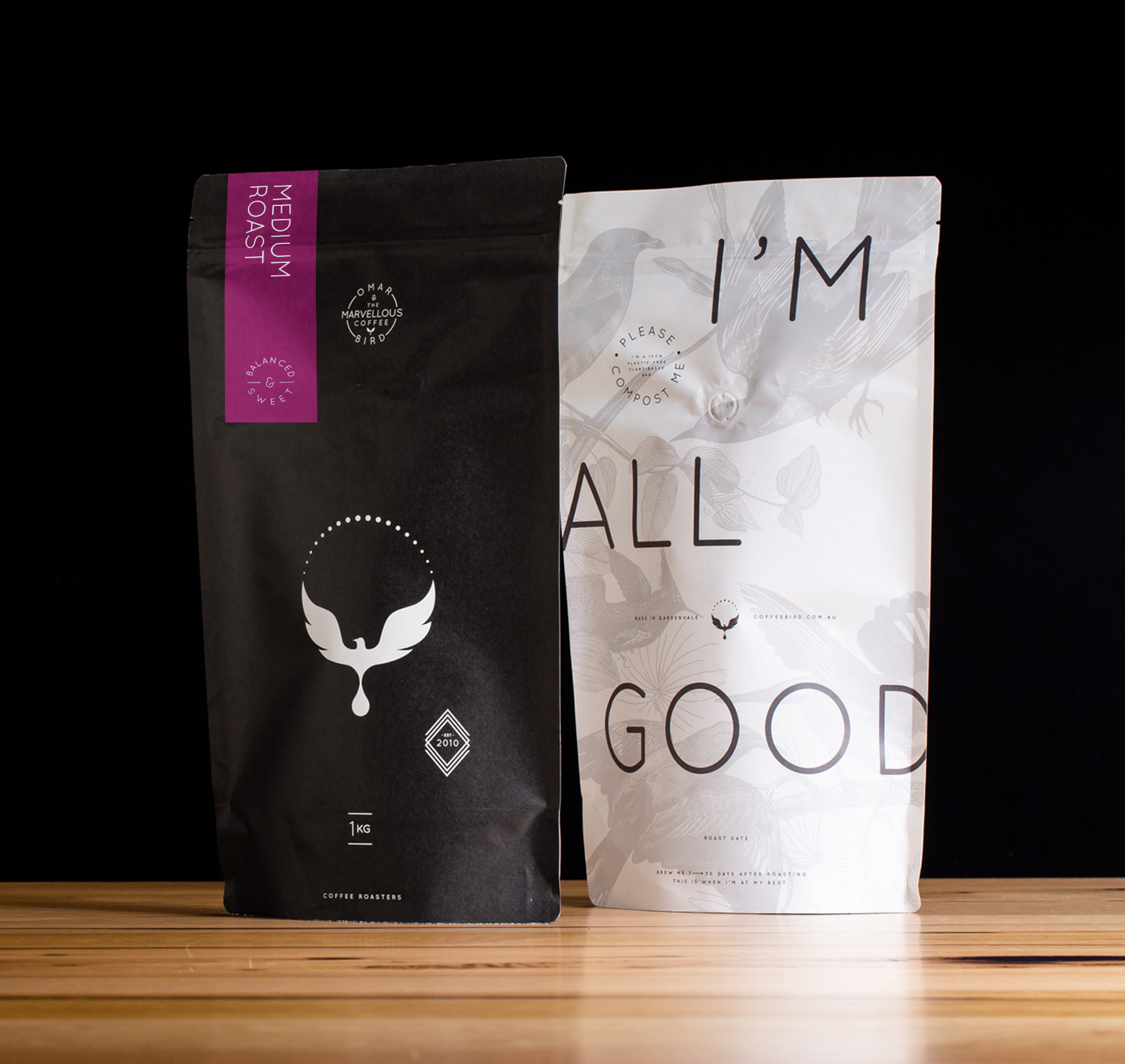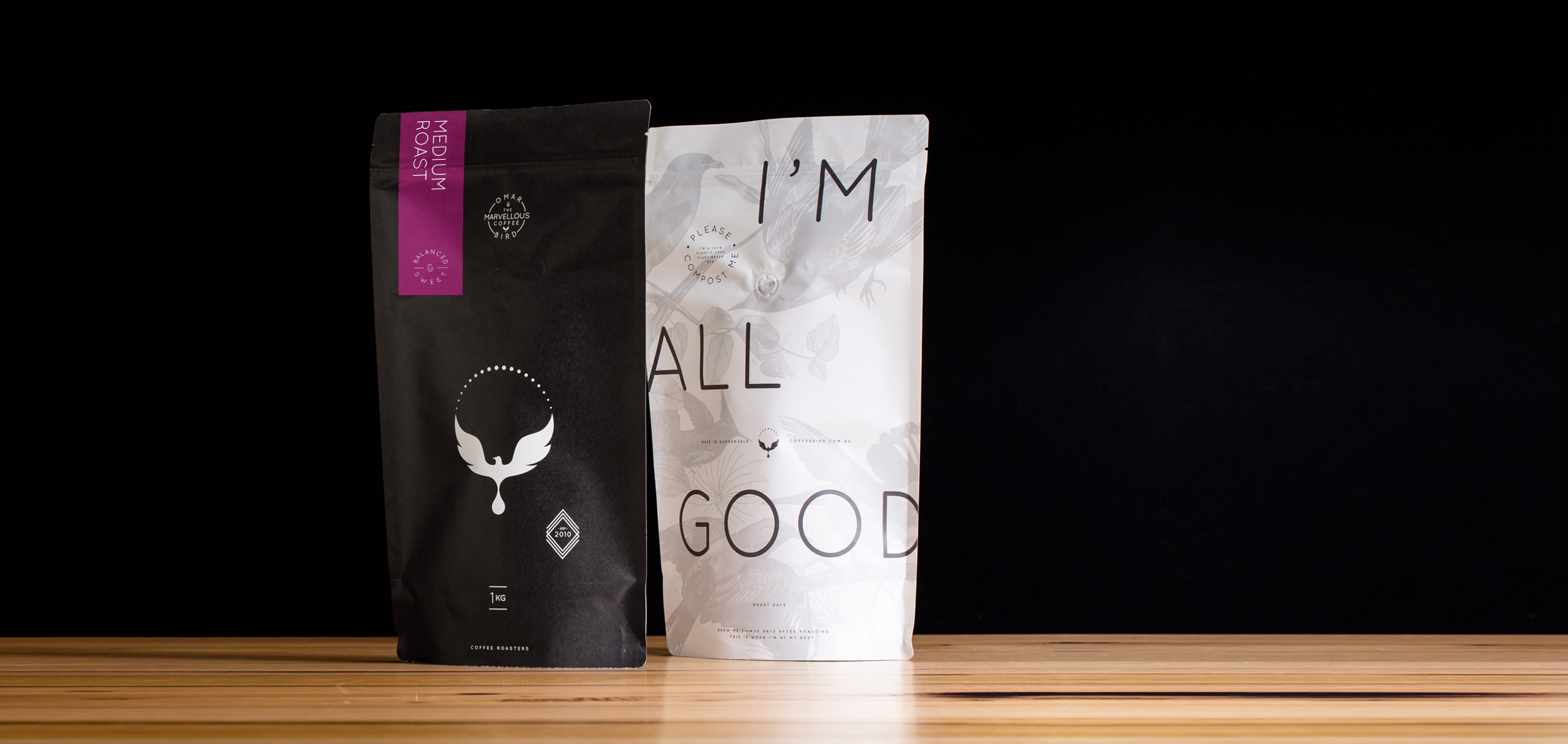



This coffee is fragrant and floral with notes of cocoa and caramel.
Varietal: Batian | Ruiru 11 | SL28
Processing: Washed
Kevote Factory is located in the Embu region of Eastern Kenya. This factory (or Washing Station) is owned and operated by the Kirurumwe Farmers’ Cooperative Society (FCS). There are 1300 farmers who deliver their fruit to the Kevote Factory.
The coffee cherries are picked when ripe, and immediately delivered to Kevote. Only the ripest and highest quality fruit is accepted. These cherries are then pulped on a disc-pulper and fermented under water for 12-16 hours. The fermented coffee is then washed to remove any remaining mucilage. The cleaned parchment coffee is then laid out to dry on raised drying beds for 7-14 days, where it’s regularly raked to ensure even drying.
The washed process using a relatively short period of wet fermentation allows this coffee’s inherent flavour to shine through.
Coffee is exempt from GST.
—
Our very own tote bag. It’s the perfect size and weight to carry around all day every day. The bag is strong enough to carry all your goodies and is designed to sit comfortably on your shoulder, so you can take it anywhere and everywhere.
Fabric Type
Heavy-weight Canvas
Bag Size
45cm wide
32cm high
10cm base gusset
Handles
70cm long
3cm wide







Since opening in 2010, we’ve been learning, roasting, researching, brewing, travelling and buying the best beans so we can bring you something simple: a consistently great cup of coffee.
This coffee is fragrant and floral with a citrusy sweetness.
Varietal: Batian | Ruiru 11 | SL28
Processing: Washed
Kianjuki Factory is located in the Embu region of Eastern Kenya. This factory (or Washing Station) is owned and operated by the Kirurumwe Farmers’ Cooperative Society (FCS). There are 800 farmers who deliver their fruit to the Kianjuki Factory.
The coffee cherries are picked when ripe, and immediately delivered to Kianjuki. Only the ripest and highest quality fruit is accepted. These cherries are then pulped on a disc-pulper and fermented under water for 12-16 hours. The fermented coffee is then washed to remove any remaining mucilage. The cleaned parchment coffee is then laid out to dry on raised drying beds for 7-14 days, where it’s regularly raked to ensure even drying.
The washed process using a relatively short period of wet fermentation allows this coffee’s inherent flavour to shine through.
Coffee is exempt from GST.